The declaration of Special Tourist Intervention Zones includes four new sections to combat incivility and crowds in Playa de Palma. Very serious infractions will be fined up to 3,000 euros. These are proposals from local residents and the Playa de Palma Hotel Association
This Wednesday the Palma Town Hall approved the Zones of Special Tourist Intervention (ZEIT) that will apply between 1 April and 1 October, 24 hours a day, every day of the week. The protected zones are the same as in summer 2021, but protection against crowds and incivism at night has been extended to four more stretches. They include Miquel Pellisa street, Missió de San Diego street, or Missió de Sant Gabriel street. The stretch from Carrer Laüt to carretera de s’Arenal, which was added for the first time last year, will also be maintained this year.
The aim of the ZEIT declaration is to preserve the spirit of the Ordinance regulating the civic use of public spaces (Orucep) for good social cohesion and improved coexistence in Palma. This was explained by the first deputy mayor for Citizen Safety, Joana Adrover. In short, it consists of carrying out specific inspection campaigns, collecting specific data and police reports and facilitating the possibility of imposing sanctions on the highest section.
What are the ZEITs?
The ZEITs have 4 lines of action:
- Acting against alcohol consumption (botellón) on the seafront promenade, in the centre and all of Playa de Palma.
- To act against dynamic advertising (in the whole of Playa de Palma).
- Preserve order in the Biergardens area.
- Take action against crowds and incivism when leaving entertainment venues.
The ZEIT in Palma are:
- Avenida Gabriel Roca, from number 1 to Torre de Peraires.
- Calle Joan Miró, from number 1 to 79 and between 269 and the end of the term.
- Different points of Playa de Palma, including 7 new stretches this year.
- The territory of the centre of Palma delimited by the perimeter of the following streets: Vía Argentina, Paseo Mallorca, Vía Portugal, Avenida Alemania, Avenida de Comte de Sallent, Avenida de Joan Marc, Avenida de Alexandre Rosselló, Avenida de Gabriel Alomar, Avenida de Adolfo Suárez and Avenida Gabriel Roca up to Vía Argentina.
New sections protected against agglomerations and incivility
The action against agglomerations and incivism at the exit of entertainment venues has been extended in relation to previous years from 2 to 7 stretches. These new protected stretches in nightlife areas have been incorporated after the request of neighbourhood representatives within the framework of the SECON (Security and Coexistence) committees of the Neighbourhood Police and after the request of the Playa de Palma Hotel Association.
They are as follows:
- Calle Joaquim Verdaguer, in the section between Calle Cartago and Calle de Trasimé.
- Carthage Street, between Germà Bianor and Gabriel Alzamora streets.
- Missió de Sant Gabriel street, section between carretera del Arenal and carrer Llaüt (incorporation to 2022).
- S’Arenal road in the section between Missió de Sant Gabriel street and Trobadors street (incorporation in 2023).
- Calle Llaüt in the section between calle Missió de Sant Gabriel and calle Trobadors (incorporation in 2023).
- Misión de San Diego Street (to be added in 2023).
- Miquel Pellisa Street (incorporation in 2023).
The rest of the ZEIT regulations remain the same as last year.
Higher fines: up to 3,000 euros
It establishes fines of up to 3,000 euros for very serious infringements. Specifically, minor infringements are 100-750 euros; serious infringements are between 750.01 euros and 1,500 euros; and very serious infringements are between 1,500.1 euros and 3,000 euros.
Very serious infringements include:
- The serious, immediate and direct deterioration of the tranquillity of the environment or causing unhealthy situations.
- The denigration of pedestrians or other users of public spaces as a result of the externalisation of the consumption of alcoholic beverages or other drugs.
- Failure to comply with orders, signs, etc. relating to the situations of special intervention listed in article 11 or requirements formulated by the municipal authorities or their agents of authority in direct application of this Ordinance.
- Hindering the use of public property and public service goods that are assigned as such to one or more other persons entitled to use them.
- Acts of serious and relevant deterioration of public spaces, public property or any of the installations and elements, whether movable or immovable, not derived from alterations to public safety, as long as they are not criminal offences.
- The consumption of alcoholic beverages or other drugs when they seriously alter public coexistence and incite or facilitate consumption by minors.

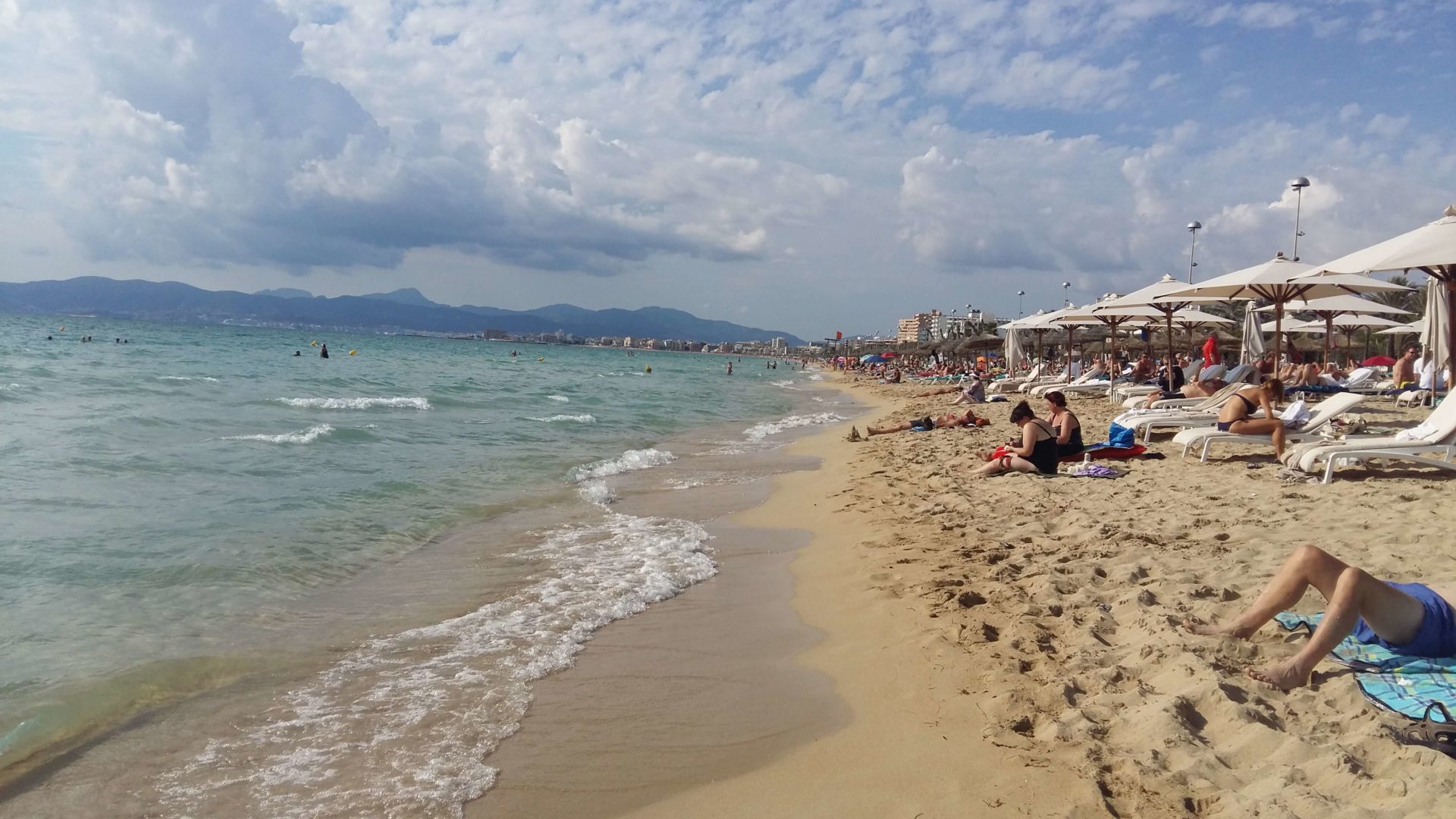
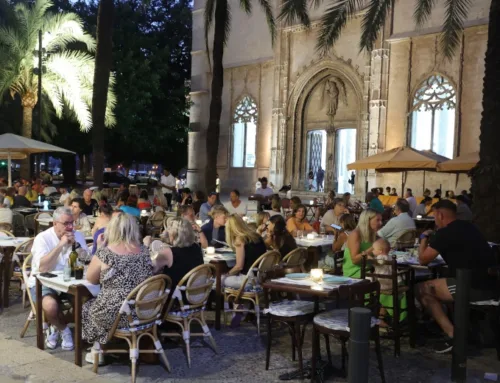

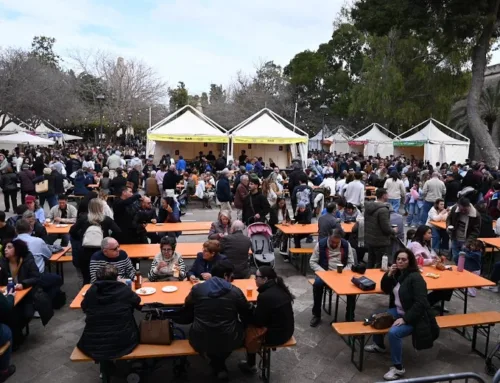
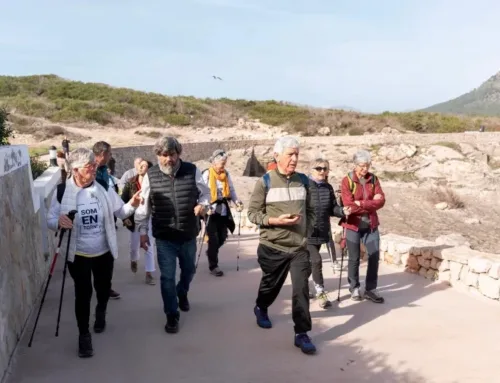
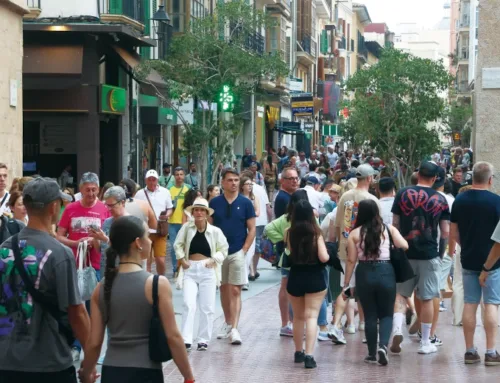

Leave A Comment